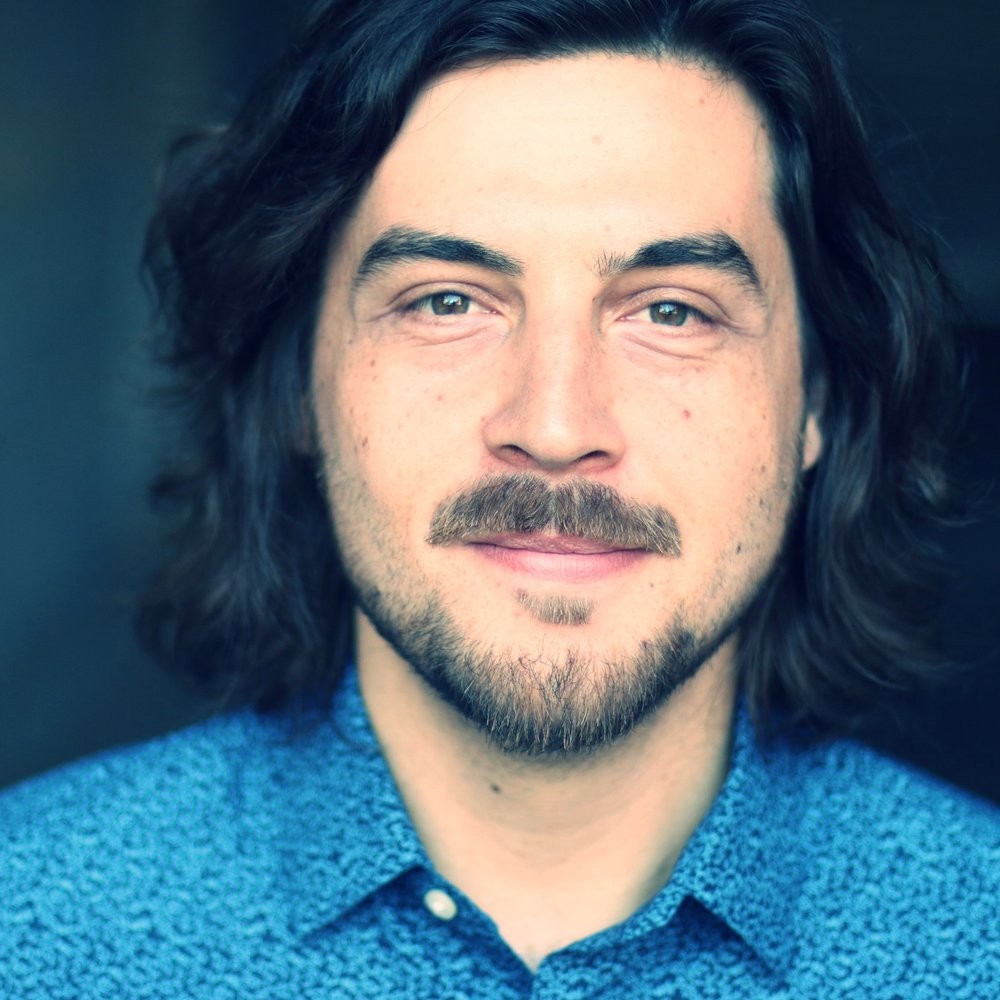We were lucky to catch up with Jesse Case recently and have shared our conversation below.
Hi Jesse, thanks for joining us today. Alright, so you had your idea and then what happened? Can you walk us through the story of how you went from just an idea to executing on the idea
The idea of building a studio in a barn was not the goal at first. My wife and I loved living in Chicago working in music and theatre, but after 10+ years we reached a point where we needed more space, less cost of living, and closer proximity to family. It had been a dream of mine for a while to expand my home recording space into a full-fledged studio, but I had always envisioned it as some cool brick-walled space in the city, surrounded and supported by a music scene that’s second to none.
When moving to Southern Illinois entered the conversation, at first I figured that meant the end of that particular dream. And for longer than I’d like to admit, my main challenge was that I simply couldn’t get past the idea of the studio looking or feeling like anything other than how I’d pictured it. Nothing else seemed plausible, especially that far removed from everything familiar.
As we thought more about how a studio (or any kind of career in music, really) could possibly take shape in the middle of midwestern farmland, the idea of building it in barn emerged, and suddenly the unique vibe and energy that I wanted from my new space not only seemed possible again but had the potential to be even better. Best of all we might even be able to afford to start work immediately.
The trick would be to find the exact right place to build it. The barn would have to be on a large property, sonically and visually isolated from neighbors, affordable, and big enough to sound good. Not to mention we needed a house that would fit our whole family. I was sure we’d never find it, but once we knew exactly what we wanted it wasn’t long before we found the perfect spot – a giant property, surrounded by fields and farms, with a giant pole barn that had reverb inside worthy of a church.
A month later we had a design and a contractor and were laying down concrete.
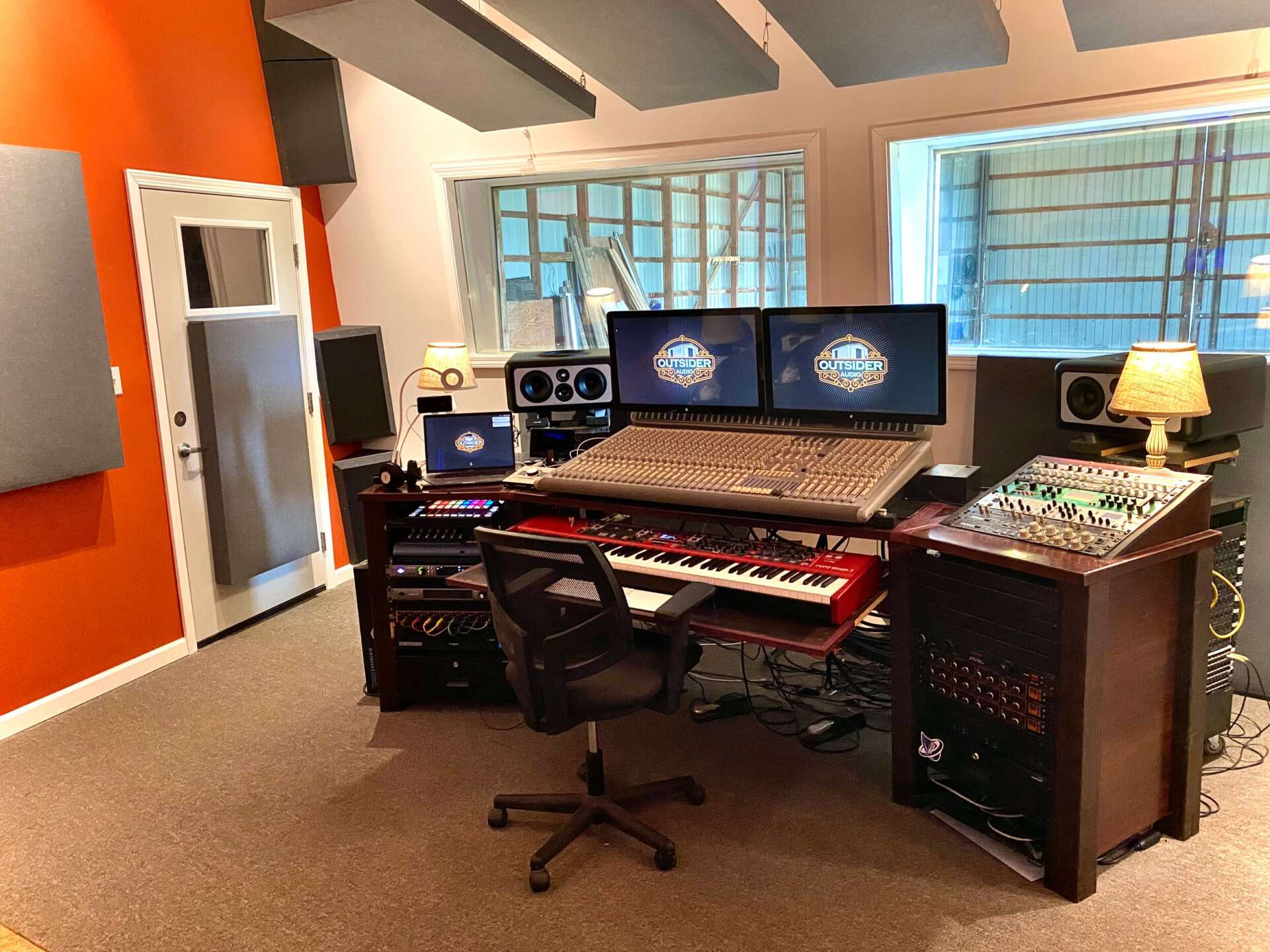
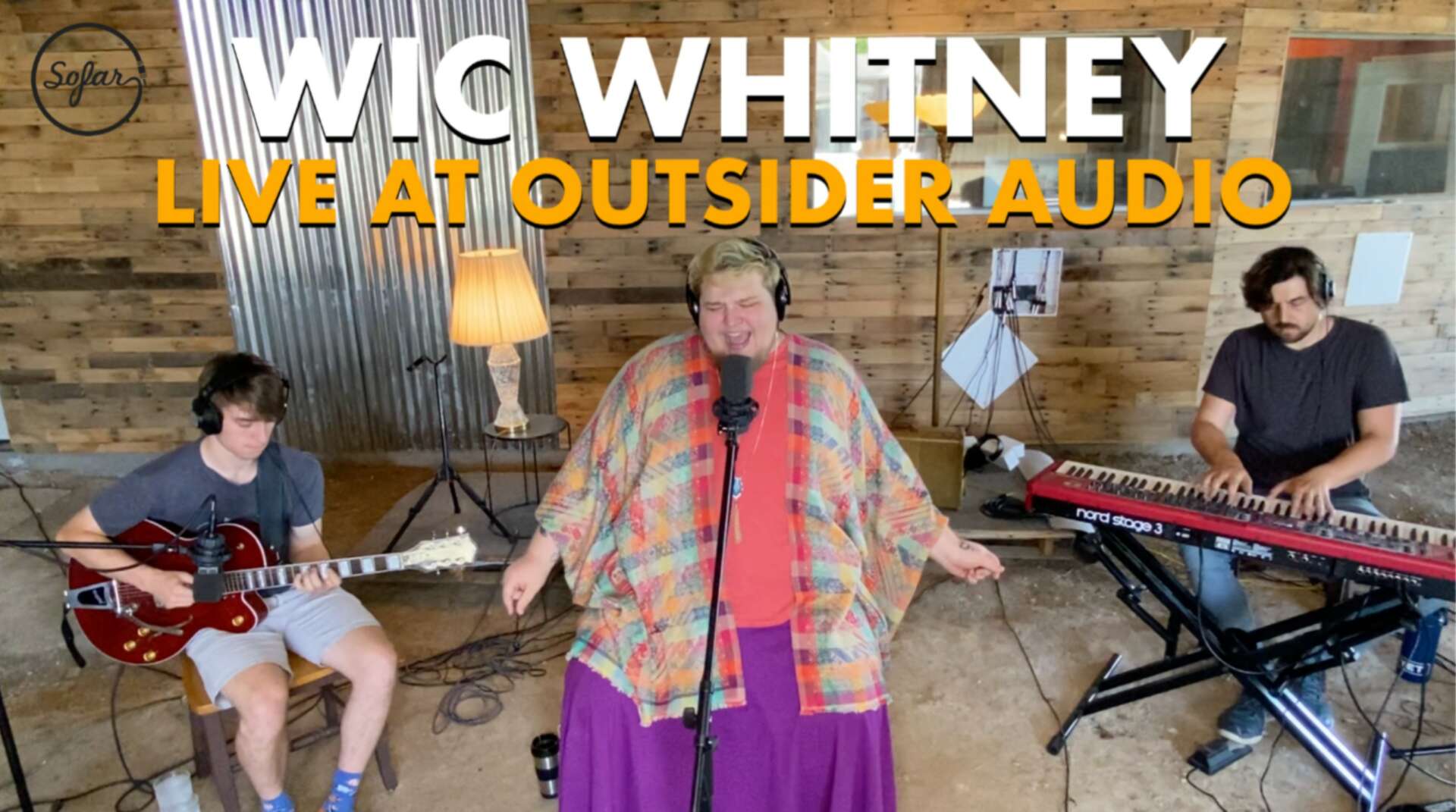
Jesse, before we move on to more of these sorts of questions, can you take some time to bring our readers up to speed on you and what you do?
My first job in Chicago, fresh out of college, was with The Second City, working as a Musical Director and improvisor aboard a cruise ship. To be fair I guess that means it wasn’t technically “in Chicago…” but it was truly perfect work for me. I’d been playing piano since I was five and had been obsessed with recording since I was a teenager – but I also was a theatre nerd and ended up majoring in it. So Music Directing and designing sound for theatre and improvisation, and eventually producing music for Second City was exactly the middle of my personal Venn diagram.
Second City being the institution that it is opened me up to a whole bevy of opportunities. I’ve produced albums and composed for a wide variety of films, pilots, internet videos, documentaries, and plays, I won a Jeff Award for my work on Foxfinder. A personal highlight was producing “Permission” for Saturday Night Live, featuring Lil Wayne and Future.
Other folks with whom I’ve made music include Chris Redd (SNL, Popstar), Aidy Bryant (SNL), T.J. Miller (Silicon Valley), Bo Burnham, Ugly Duckling, Felonious Munk, Rhymefest, David Koechner, Renee Fleming, Chris Witaske (Love), Tim Baltz and Niccole Thurman (The Opposition), Ashley Nicole Black and Talib Kweli for a feature on Full Frontal with Samantha Bee, and The Lonely Island during the recording of the Popstar: Never Stop Never Stopping soundtrack.
Though I’m not playing on the Second City stages anymore I’m incredibly grateful for my background in theatre and improv, in part because it’s not a life experience I see a lot among Producers and Engineers. Generally speaking you can’t be a good improvisor (especially behind a piano) without being a good listener, a great collaborator, and incredibly adaptive to change, and I use those skills in the studio every day.
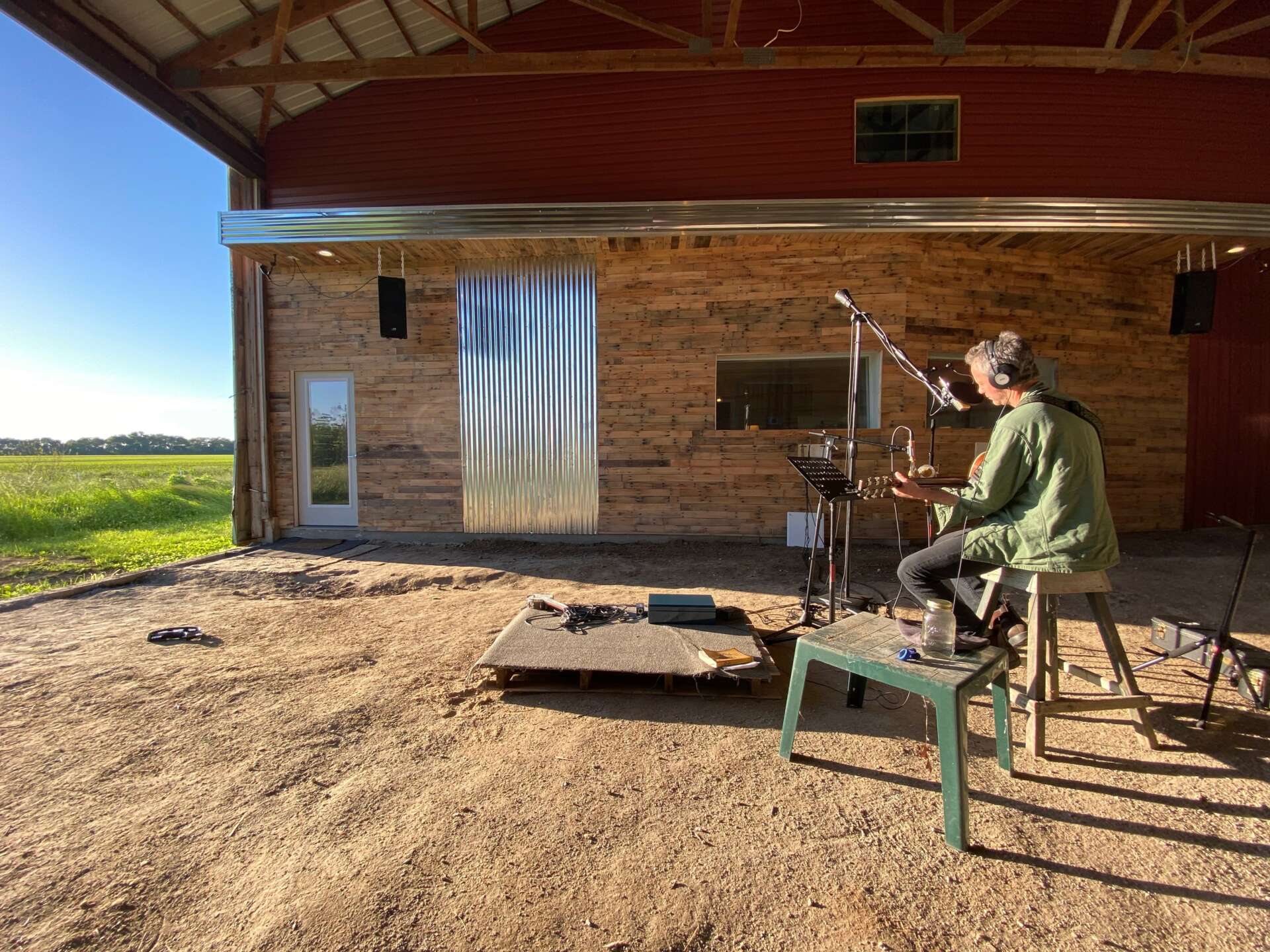
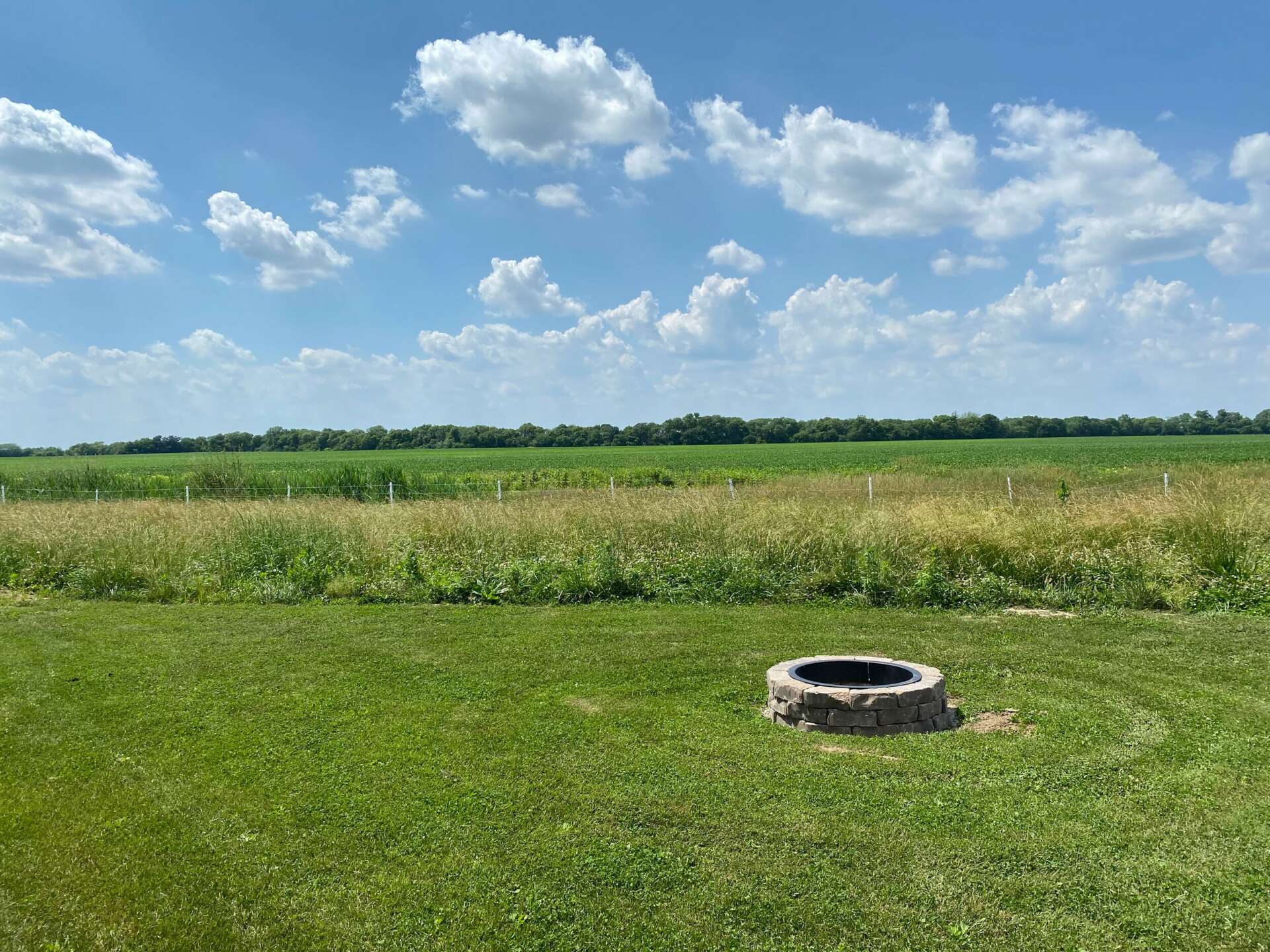
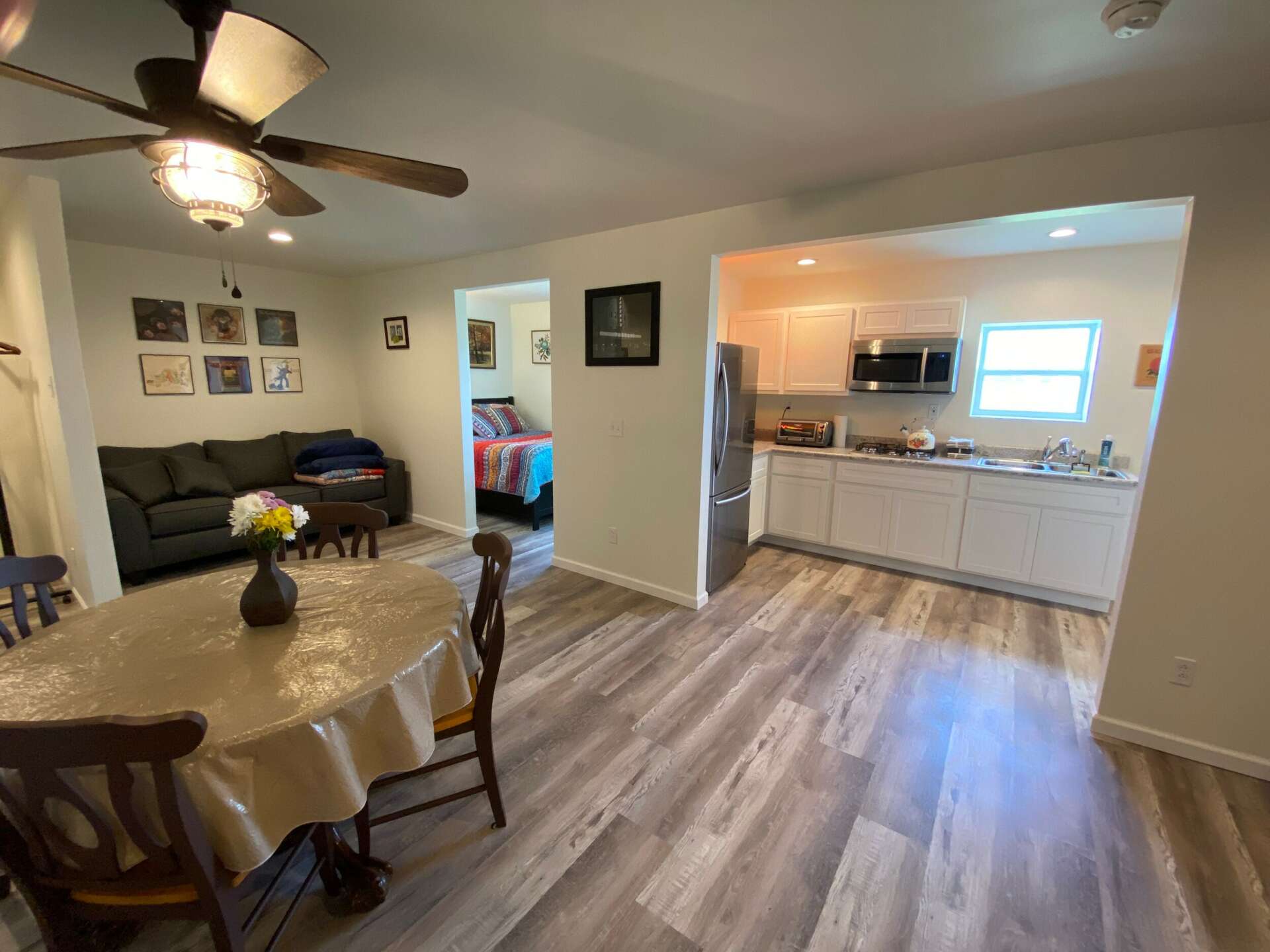
Any insights you can share with us about how you built up your social media presence?
Generally speaking I found social media insanely frustrating and unrewarding until I started messing around on TikTok – which at first I had avoided like the plague because I’m not Gen-Z and didn’t want to develop anxiety. But once I discovered how intuitive the internal video editing was I was hooked. Instead of posting some meaningless content every single day (or multiple times a day with Twitter) I could take a little more time to make something that I actually enjoyed making. I think this authenticity showed and it wasn’t long before I had a post go mega-viral.
My advice would be – pick one platform that fits how you like to create and best fits your voice and your style of creativity. Then simply aggregate that content to other platforms. Outsider Audio’s Instagram gets the most engagement by far when I simply re-post a TikTok with new tags.
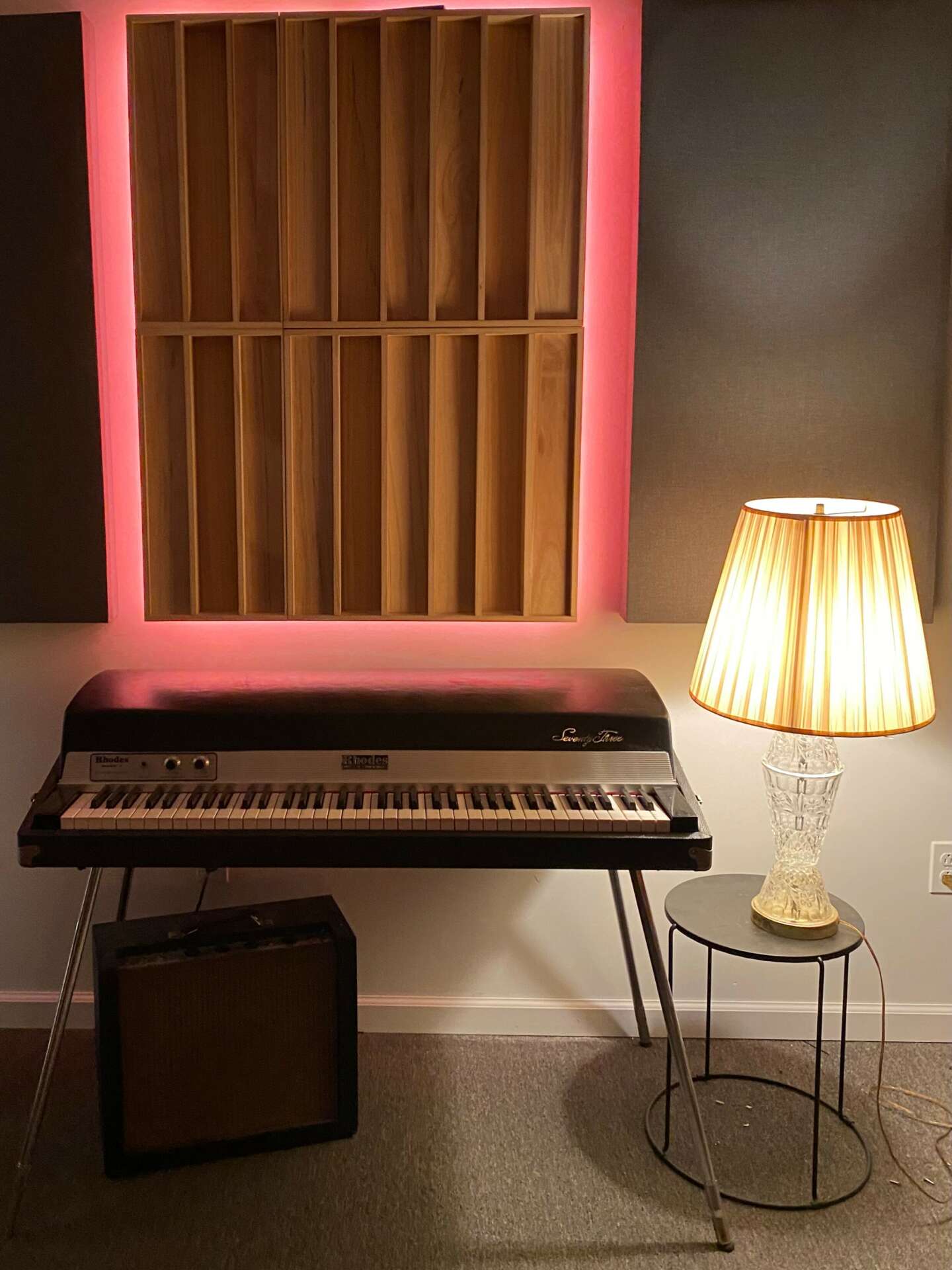
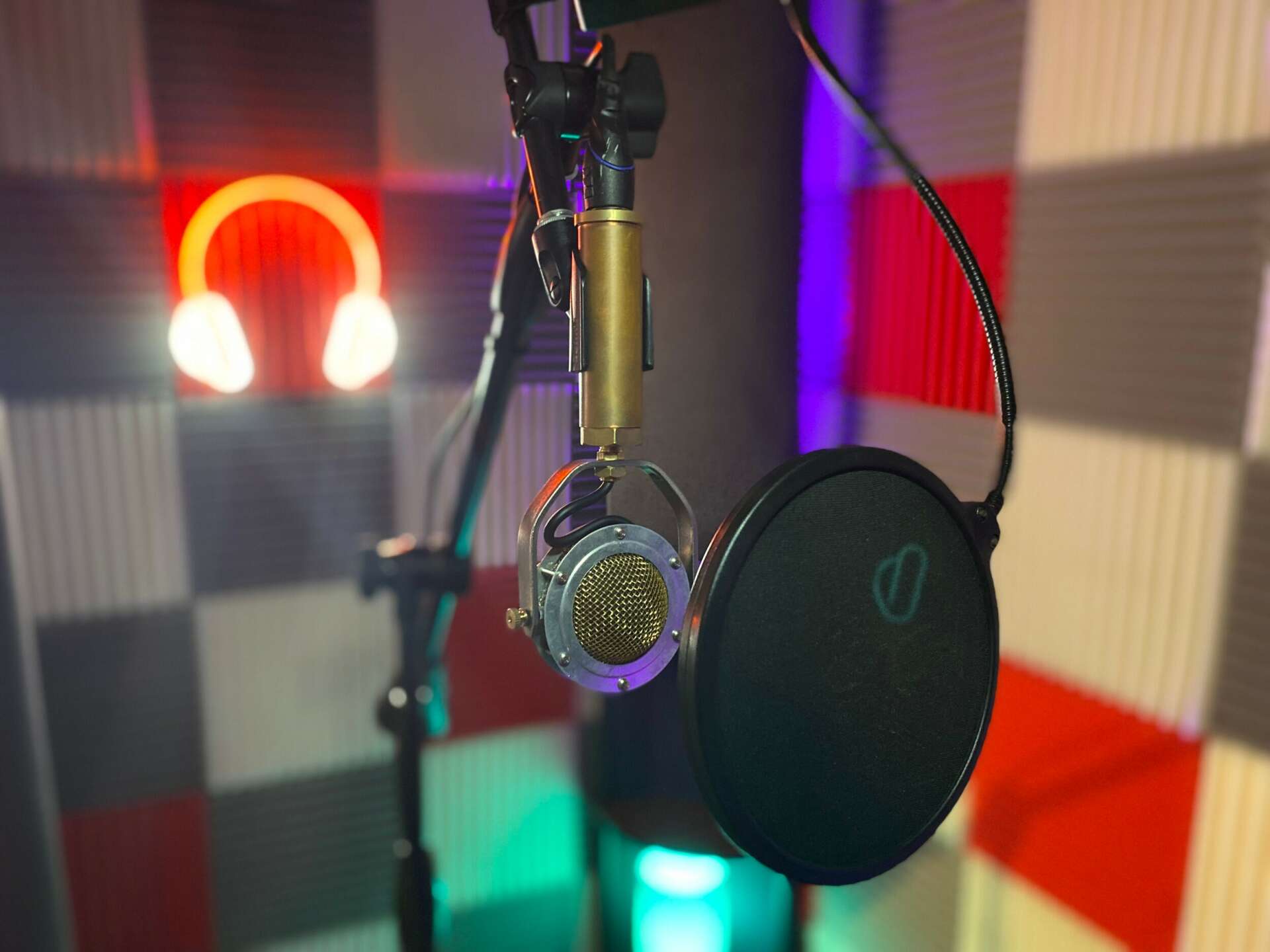
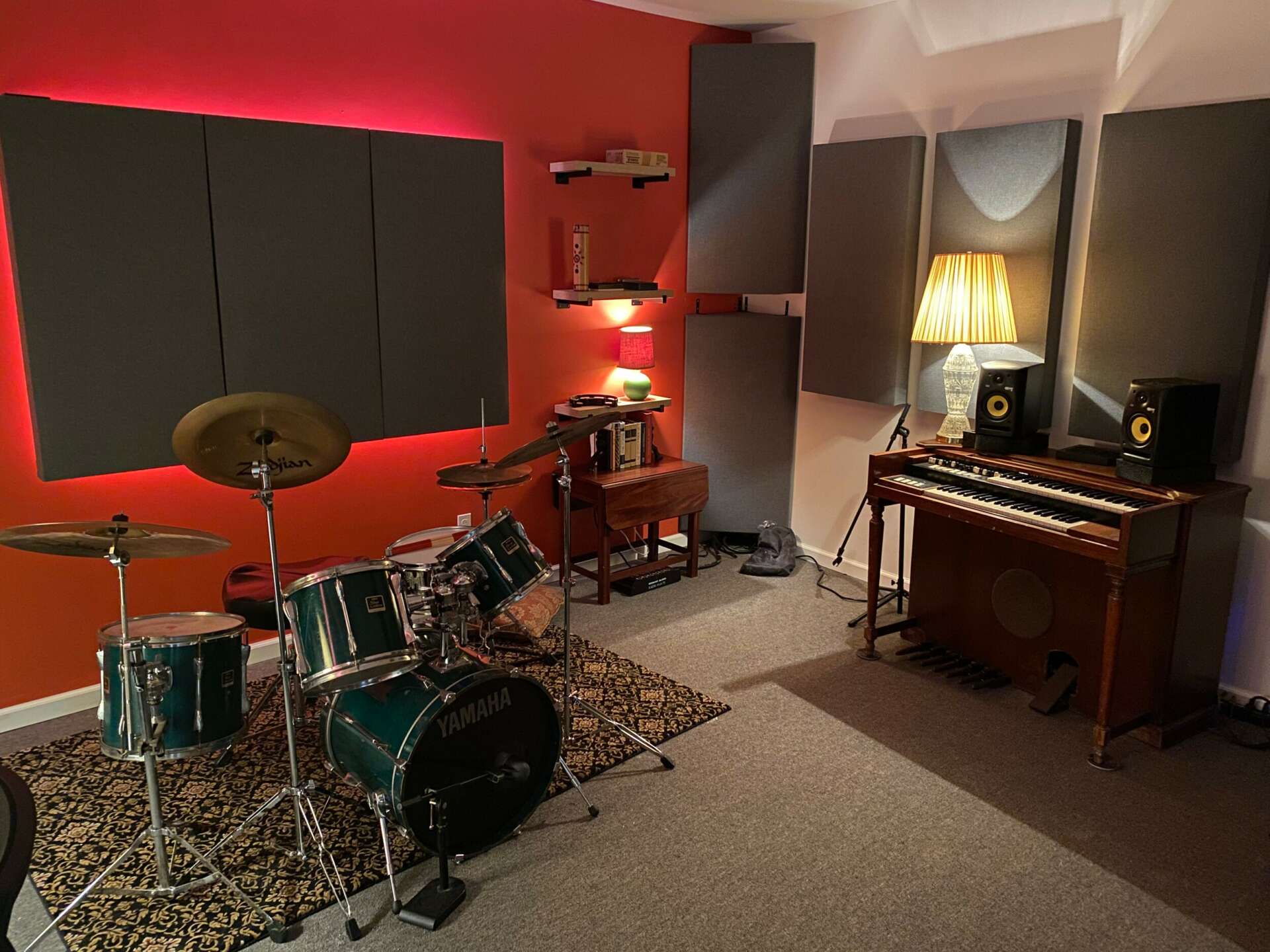
Are there any books, videos, essays or other resources that have significantly impacted your management and entrepreneurial thinking and philosophy?
I was heavily influenced by a book called “The Lean Startup” by Eric Reis – particularly his concept of “MVP” or “Minimum Viable Product” where instead of spending all your time and resources attempting to create a perfect product before you ever show it to people, you instead spend as little time and money as possible creating a product that, while far from complete, encapsulates the core idea of what you hope your product will be. Then you get it in front of as many people as fast as you can, get feedback on it, and adjust the idea accordingly. In effect, your customers become an integral part of the design of your product (and you don’t waste a bunch of money on an idea before you figure out if people want it).
This idea completely changed my build strategy. I had the idea that in my head that a music studio needed to have a laundry list of top-notch gear, all of which is prohibitively expensive. Upon considering my studio’s “MVP,” I discovered that the core idea my studio was not gear related at all – it had to do with the actual experience of recording there. The energy, the vibe. I quickly ditched my wishlist of vintage compressors and focused on investing in how I could make the experience of physically being in the space as fun, cool, and easy as possible. That included stuff I had dismissed as unimportant at first like decor and finishing our awesome loft space. Any gear I did purchase had to actively make the recording experience faster, easier, and more intuitive. It was a game-changing move.
Contact Info:
- Website: www.outsideraudio.com
- Instagram: www.instagram.com/outsideraudio
- Facebook: www.facebook.com/AudioOutsider
- Other: https://www.tiktok.com/@outsideraudio


